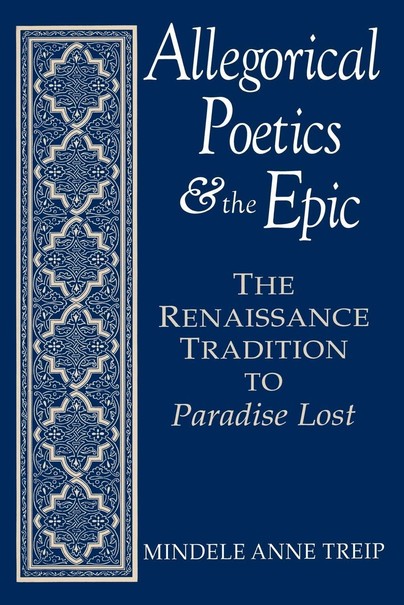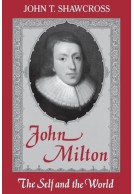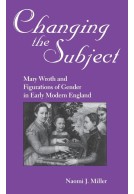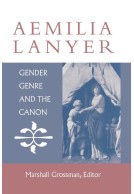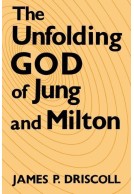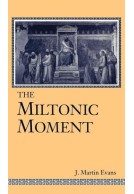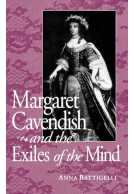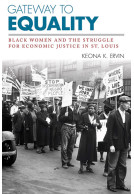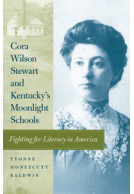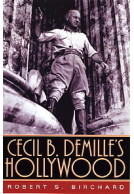Google Books previews are unavailable because you have chosen to turn off third party cookies for enhanced content. Visit our cookies page to review your cookie settings.
Allegorical Poetics and the Epic (Paperback)
The Renaissance Tradition to Paradise Lost
Imprint: University Press of Kentucky
Series: Studies in the English Renaissance
Pages: 392
ISBN: 9780813160344
Published: 15th July 2014
Script Academic & Professional
Series: Studies in the English Renaissance
Pages: 392
ISBN: 9780813160344
Published: 15th July 2014
Script Academic & Professional
This book will be reprinted and your order will be released in due course.
You'll be £27.00 closer to your next £10.00 credit when you purchase Allegorical Poetics and the Epic. What's this?
+£4.99 UK Delivery or free UK delivery if order is over £40
(click here for international delivery rates)
Order within the next 4 hours, 15 minutes to get your order processed the next working day!
Need a currency converter? Check XE.com for live rates
(click here for international delivery rates)
Order within the next 4 hours, 15 minutes to get your order processed the next working day!
Need a currency converter? Check XE.com for live rates
Literary allegory has deep roots in early reading and interpretation of Scripture and classical epic and myth. In this substantial study, Mindele Treip presents an overview of the history and theory of allegorical exegesis upon Scripture, poetry, and especially the epic from antiquity to the seventeenth and early eighteenth centuries, with close focus on the Renaissance and on the triangular literary relationship of Tasso, Spenser, and Milton.
Exploring the different ways in which the term allegory has been understood, Treip finds significant continuities-within-differences in a wide range of critical writings, including texts of postclassical, patristic and rabbinical writers, medieval writers, notably Dante, Renaissance theorists such as Coluccio Salutati, Bacon, Sidney, John Harrington and rhetoricians and mythographers, and the neoclassical critics of Italy, England and France, including Le Bossu.
In particular, she traces the evolving theories on allegory and the epic of Torquato Tasso through a wide spectrum of his major discourses, shorter tracts and letters, giving full translations. Treip argues that Milton wrote, as in part did Spenser, within the definitive framework of the mixed historical-allegorical epic erected by Tasso, and she shows Spenser's and Milton's epics as significantly shaped by Tasso's formulations, as well as by his allegorical structures and images in the Gerusalemme liberata.
In the last part of her study Treip addresses the complex problematics of reading Paradise Lost as both a consciously Reformation poem and one written within the older epic allegorical tradition, and she also illustrates Milton's innovative use of biblical "Accommodation" theory so as to create a variety of radical allegorical metaphors in his poem.
This study brings together a wide range of critical issues -- the Homeric-Virgilian tradition of allegorical reading of epic; early Renaissance theory of all poetry as "translation" or allegorical metaphor; midrashic linguistic techniques in the representation of the Word; Milton's God; neoclassical strictures on Milton's allegory and allegory in general -- all of these are brought together in new and comprehensive perspective.
Other titles in the series...
Other titles in University Press of Kentucky...







